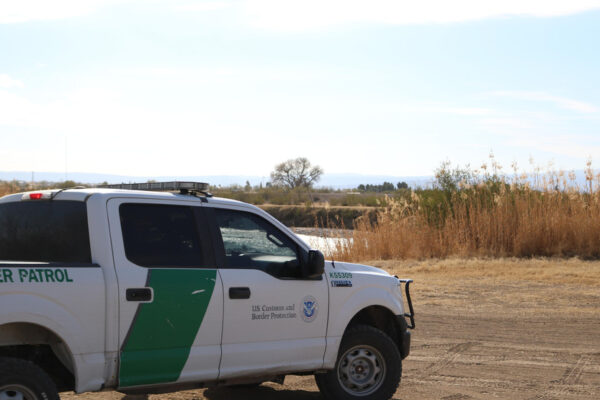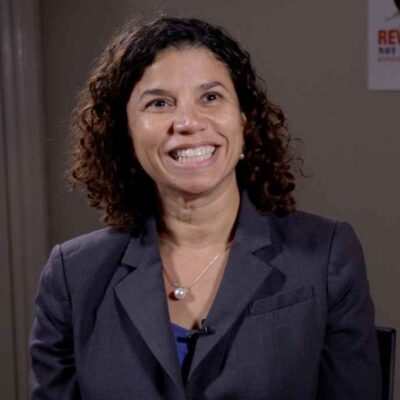This piece was originally published in El Paso Times.
New Mexico’s legalization of cannabis for recreational adult use has reminded all borderland residents of a fact our Latinx, Indigenous and Black neighbors have known for decades: Border Patrol checkpoints are cruel, pointless and serve to harass residents going about their lives.
Customs and Border Protection (CBP), Border Patrol’s parent agency, doubled down on their misuse of checkpoints this week with their statement reiterating the agency’s commitment to enforcing federal drug laws, ignoring the will of New Mexicans who supported the legalization of cannabis in the state. Borderland residents hoping to legally purchase or produce cannabis and drive through a checkpoint risk, at best, deeply traumatizing and humiliating searches and the confiscation of their cannabis.
The Supreme Court in 1976 ruled U.S. v. Martinez-Fuerte that checkpoints should be limited to asking, “Are you a U.S. citizen?” Any further questioning or search requires reasonable suspicion from the Border Patrol agents operating the checkpoints.
But an ACLU lawsuit uncovered Border Patrol training documents that show agents are trained to sidestep Constitutional protections.
Continue reading at El Paso Times.



